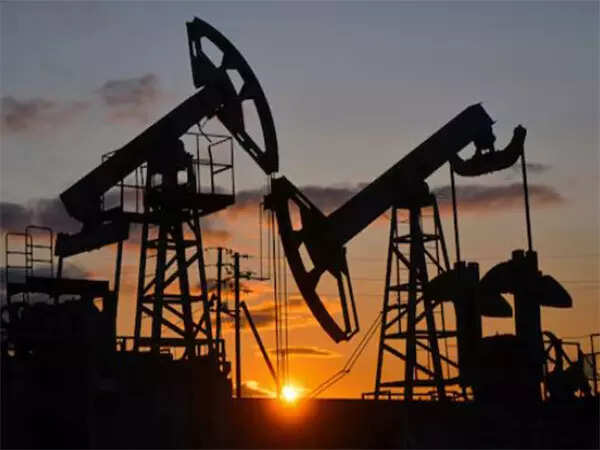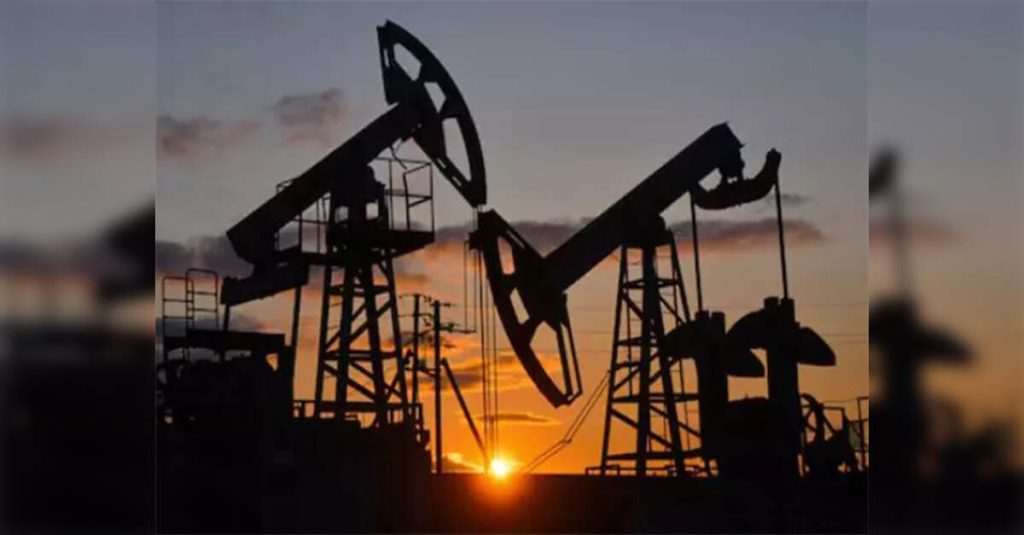
India’s Nayara Energy Ltd., which is facing EU sanctions for its partial ownership by Russian oil giant Rosneft, is relying on a shadow fleet to import oil and transport refined fuels, according to shipping reports and LSEG flows, Reuters reported. Nayara, which controls about 8% of India’s 5.2 million barrel-per-day refining capacity, has been struggling to transport fuel since being placed under EU sanctions in July, a move that prompted shippers to back out, forcing the refiner to cut its crude runs.
India, the world’s third-largest oil importer and consumer, does abide by United Nations sanctions but not unilateral actions, such as sanctions on Russian oil by Western countries. That’s why it allows refiners to import oil and ship products in vessels under EU sanctions. Such vessels are part of what is called the shadow fleet or dark fleet, which evades navigational and regulatory scrutiny by Western countries and global maritime trade bodies.
As Western countries use unilateral sanctions on import of oil from countries such as Russia and Iran for their own geopolitical goals while disregarding concerns of importing countries such as India, the shadow or dark fleet of oil tankers has grown to become an efficient way to circumvent such sanctions.
The size of the shadow fleet is between 1,200 and 1,600 tankers, according to estimates from industry sources and analysts, including Lloyd’s List Intelligence and shipbroker Gibson, as per Reuters. This represents an estimated fifth of the overall global tanker fleet. Once these tankers come under Western sanctions, they can be barred from ports, have their assets frozen, or face limitations on their ability to trade or engage in financial transactions. They ignore such risks and ply in dark mode to reap potentially big profits involved in transporting sanctioned oil.
What is the shadow fleet, and how does it operate?
The shadow fleet, also called the dark fleet, refers to a clandestine network of vessels, often aging tankers, that deliberately obscure their identity, ownership, and cargo routes to slip through sanctions and international scrutiny. These ships are instrumental in transporting sanctioned goods such as oil, iron, weapons, or luxury items by exploiting sovereignty gaps and regulatory loopholes in the maritime domain. International authorities have recognised and progressively defined the shadow fleet. A resolution by the International Maritime Organization (IMO) in October 2023 was the first to officially define a “dark” ship, signaling regulatory acknowledgement of the phenomenon.Shadow fleet operations rely on a multi-layered array of deceptive and evasive tactics. Flags of convenience and shell companies are two main tactics. Vessels are registered under jurisdictions like Liberia, Panama or other states with minimal oversight. Ownership is often hidden behind shell entities, making tracing and enforcement highly difficult. Many tankers disable or tamper with their Automatic Identification System (AIS) transponders, used for location tracking, rendering them invisible or mislocated on maritime tracking systems.
Cargoes are offloaded from sanctioned vessels to seemingly clean ones, often in remote international waters, obscuring origin, ownership, or destination.
Frequent renaming and reflagging or flag‑hopping are other usual tactics used by the shadow fleet. To evade detection, vessels change flags, names, management, or unique nine-digit identifiers used in maritime communication, effectively laundering their identity. Fake or non‑existent insurance and cargo manifests are used to bypass port inspections or regulatory compliance. Some ships falsify their reported positions, appearing in harmless or random locations while operating elsewhere.
Together, these techniques form a powerful system that undermines the transparency needed to enforce sanctions effectively.
Who owns and operates the shadow fleet?
Russia has developed a massive shadow fleet post‑2022. The Kyiv School of Economics estimates Russia has invested around $10 billion since then, now controlling a dark fleet accounting for 70% of its seaborne crude oil exports. The fleet consists largely of old tankers, many acquired from Western European sellers (notably Greek owners), then transferred to shell companies via foreign jurisdictions to obscure true control. For example, 2Rivers reportedly controls at least 100 vessels moving Russian petroleum products. Its ties extend into shadowy financial networks, with US and UK sanctions already imposed on specific vessels associated with it.
Parallel structures exist for other sanctioned states. For example, Iran’s ghost fleet operates under similar clandestine conditions. Hidden oil exports are funded by shell companies, manipulated tracking and false identities.
Why shadow fleet works
Sanctions discount Russian Urals crude heavily. The shadow fleet enables buyers to tap this cheap supply by circumventing price caps. Estimates suggest Russia earns an extra $9–10 billion in revenue annually from these arrangements. Countries like China and India continue buying through opaque channels, providing both economic necessity and political cover for such arrangements.
The shadow fleet exploits regulatory blindspots. Many flagging nations provide little enforcement or due diligence. As a result, ownership changes and documentation manipulations frequently escape detection. Thus, economic benefits outweigh detection risk. For operators, returns justify investment in opaque
Germany has begun stringent checks in the Baltic Sea, requiring proper insurance documentation from eastbound tankers and threatening EU-wide monitoring or sanction listings for non-compliant vessels. Surveillance initiatives like NATO’s “Baltic Sentry” have been launched to curb threats including suspected sabotage and underwater infrastructure damage tied to shadow vessels.
Despite efforts, enforcement is lax due to the shadow fleet’s global spread, ownership opacity, flag‑hopping, and jurisdictional gaps. Combined estimates place the shadow fleet at 17% of global oil tankers according to the Atlantic Council.
The shadow fleet exists as a highly sophisticated workaround to Western sanction regimes. By hiding ownership, tampering with identification systems, and transferring oil covertly, these vessels continue to facilitate sanctioned trade, most visibly in oil. The operations of the shadow fleet highlight the futility of unilateral sanctions by Western countries on oil and point at Western double standards and disregard of national interests of other countries.. Despite ethical, legal and regulatory issues over the operation of the shadow fleet, it empowers refiners and countries to maintain critical energy flows despite unilateral sanctions
(With inputs from agencies)


